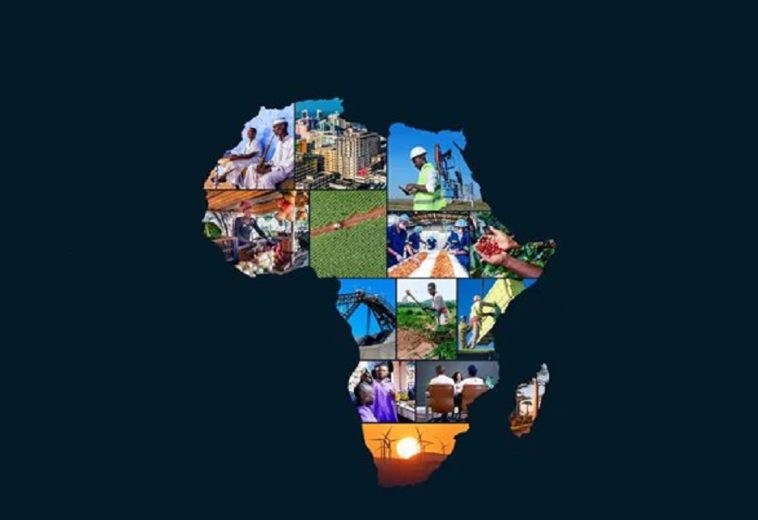As Africa undergoes its technological revolution, drone technology is gradually becoming a significant force in its agricultural landscape. Once primarily associated with futuristic warfare and surveillance, drones are now being utilised to optimise farming practices, address challenges in food security, and enhance resource management and economic development across the continent.
Agriculture is of immeasurable value to Africa, with the majority of its countries building their economies around the sector. Over 60 per cent of the continent’s population relies on farming for their livelihood. Unfortunately, most farmers in Africa still depend on traditional farming practices and tools, which limits productivity and hampers the continent’s ability to feed its growing population.
The agricultural sector in Africa also faces numerous challenges due to climatic factors, including unpredictable weather patterns, pest infestations, and inefficient resource use. Climate change exacerbates these issues, leading to more frequent cycles of droughts, floods, and other disasters that destroy crops and foster the spread of diseases.
Fortunately, the technological revolution in Africa has led to the adoption of drone technology, or Unmanned Aerial Vehicles (UAVs), in the agricultural sector. These tools are instrumental in data collection and crop and animal management. Through precision farming, drones capture detailed images that allow farmers to analyse crop health, monitor growth patterns, and detect diseases or nutrient deficiencies early. This technology also enables the precise application of water, fertilisers, and pesticides, reducing waste and improving yields.
Drones significantly enhance irrigation practices through soil mapping, offering transformative and precise survey data that accelerates decision-making. UAVs also provide more comprehensive and accurate data collection near end-users than traditional camera-based methods. This data is potentially useful for research, enhancing flood modelling simulations, and preparing for other natural disasters.
In addition to these benefits, drones are employed for the efficient monitoring of pests and diseases on farms. Early detection of such challenges allows for timely intervention, preventing unnecessary losses and reducing the broad-scale application of pesticides, which minimises environmental impact. Drones also enable regular monitoring of crop and soil conditions, gathering data on soil health, crop density, and growth stages to help farmers maintain productivity.
READ ALSO: Can Africa Achieve a STEM Education Revolution?
Several African countries have already embraced drone technology in their agricultural sectors. In Kenya, South Africa, and Nigeria, the use of drones is expanding to meet farmers’ demands. These drones provide detailed crop health reports and actionable insights, manage resources more effectively, enhance agricultural productivity, and support rural economies.
Despite these advances, the widespread adoption of drone technology in African agriculture has been hindered by several challenges, including high costs, limited technical expertise, and regulatory hurdles. The lack of infrastructure to support drone operations, such as data processing facilities and maintenance services, also presents significant obstacles.
However, with collaborative efforts from national governments, NGOs, and the private sector, these challenges can be addressed. Initiating training programmes, offering subsidised technology, and developing supportive regulatory frameworks are essential steps towards facilitating the broader adoption of drones in African agriculture. Affordable drone technology has the potential to drive agricultural innovation and sustainability across the continent, paving the way for a more prosperous and food-secure future.




